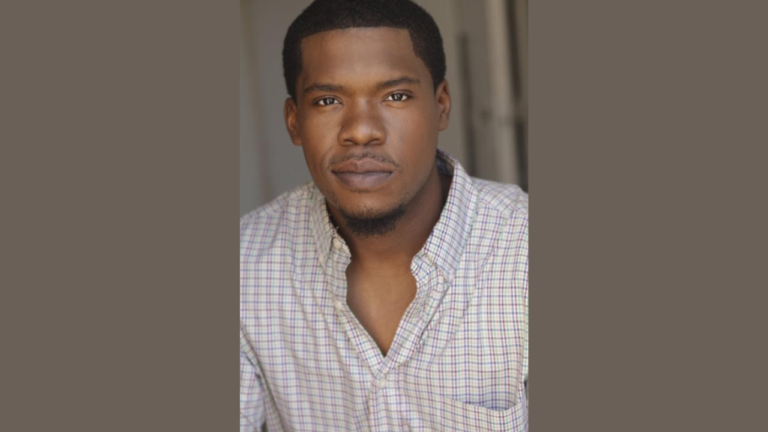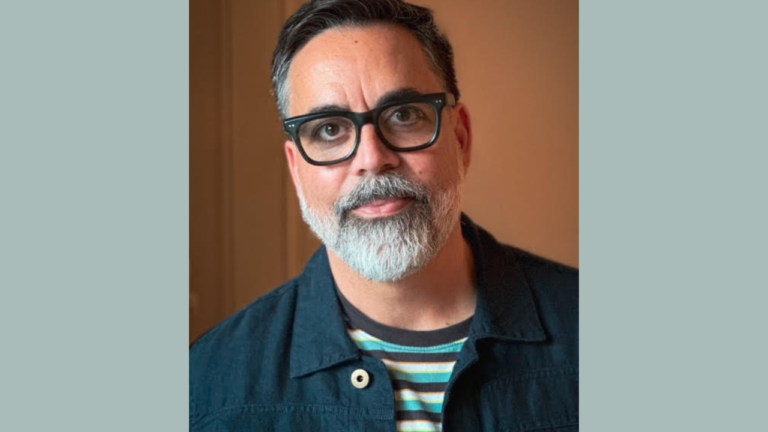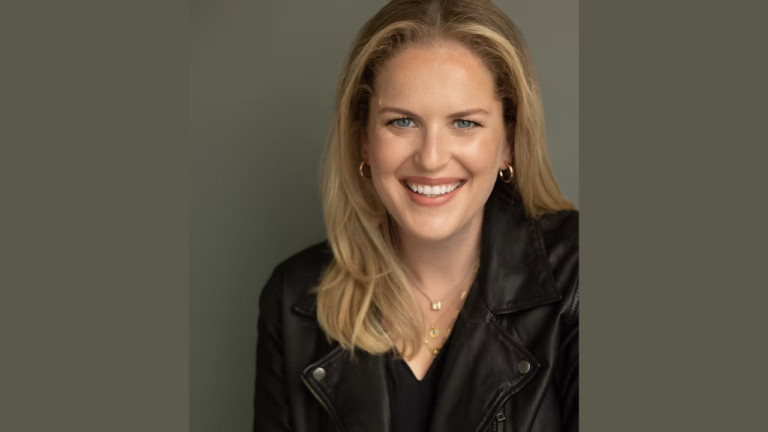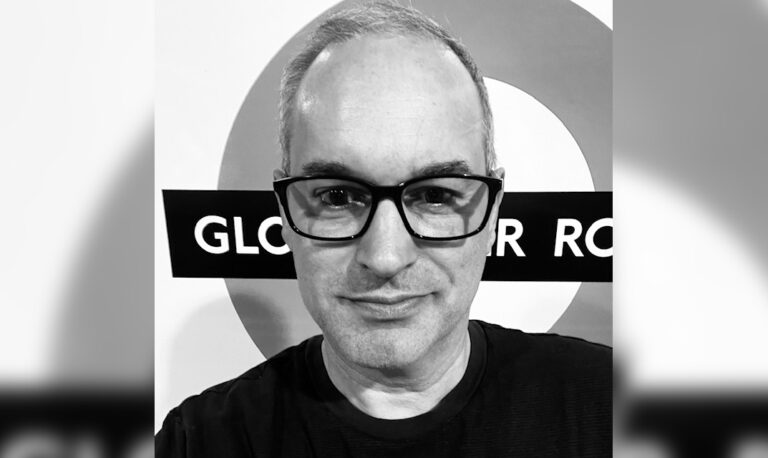Most times, especially in film, you will be cast as characters with an age range close to your own. That said, there are exceptions. For example, some actors look much younger or older than they actually are, and shows set in high school routinely cast adults to play school students.
Your character may have flash-forward or flashback scenes set in the future or past when the team opts to age you up or down with movie makeup or CGI. And live theatre provides even more leeway.
So how do you play an age that you aren’t without pushing or making a caricature of it? Here are some things to keep in mind.
Come From an Honest Place
Most times, if you’re thinking about playing an age, you’re pushing it. It will feel inauthentic and is one of the biggest mistakes people make when attempting to play ages. Instead of concerning yourself with playing a specific age and physical appearance, focus on playing the life experiences of your character.
Carrying the weight of responsibility or trauma will age you up faster than any number of years you could focus on. Recovering a sense of wonder, innocence, immaturity or angst will give your audience the emotional cue of youth. But make sure it comes from an honest place. Your audience will suspend disbelief if they can connect with you during emotional scenes.
Physicality is Key
Not to be confused with physical appearance, your physical choices will tell your audience about your age before you ever speak a line (the movie makeup will come later). Small adjustments can go a long way. Again, this is a layer that can be informed by your character’s real-life experiences. Posture is a great place to start. If you are playing older, have your life experiences given you confidence and gravitas? Or has the weight of the world beat you down? If you’re playing an elderly character, a struggle to do simple tasks or a slowness in your movement are subtle nuances you can bring to your performance. Think about how elderly people, kids, adults and others in your character ages act in real life and you’ll get a sense of the age range of your character role.
Age can be more than stooped shoulders. What areas of weakness, stiffness, or strength has your life wrought? If you are playing younger, is there a buoyancy born of innocence? Or does insecurity cave you in on yourself? A discomfort with a growing body can be told by awkwardness, clumsiness, fidgeting or impulsivity of movement. Again, these choices should be drawn from the character rather than feel “put on” and create emotional scenes that the audience can connect with.
Make Intentional Vocal Choices When it Comes to Your Character’s Age
Vocal choices harmonize with physicality for a well-rounded character. When playing younger, it can be tempting to immediately pitch your voice up, but that is not the only indicator of youth. Speech patterns can be a wonderful tell. You can use pace to tell the story of someone who rushes into things or is anxious to be heard. Slowing things down could show the confidence, wisdom or frailty of age for elderly people. Introducing a slight gravel or vocal fry can make a huge difference in the age range of your voice when coupled with other choices for your character role.
Keep Your Performances Subtle
Remember that none of these choices have to be extreme. Don’t overthink it. Start with whatever feels most natural to you – finding your character’s physicality, voice or backstory, and let the rest be inspired from there. Ultimately, the audience is more interested in seeing your overall character development. Tell the story of your character’s life and let that inform the rest.
Looking to get your big break? Sign up or login to Casting Networks and find your next role today!
You may also like:













